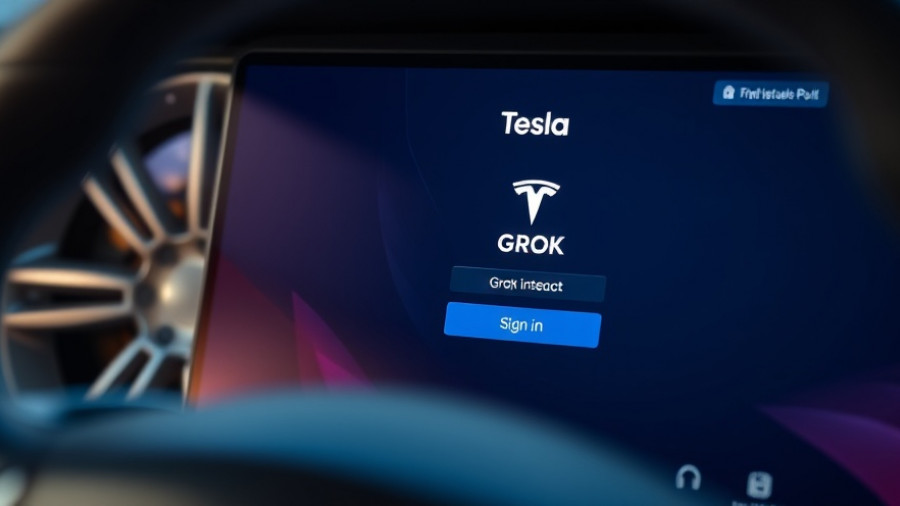
AI Competition Heats Up: Google and Grok Close in on ChatGPT
The landscape of artificial intelligence is rapidly changing, with Google's latest advancements and xAI's Grok gaining traction against the frontrunner, ChatGPT. According to a recent report by Andreessen Horowitz (a16z), Google's Gemini and Grok are not just participants in the AI race; they’re solidifying their positions as serious competitors through innovative developments and increasing user engagement.
Historical Context: The Rise of AI Chatbots
AI chatbots have significantly evolved over the past few years, serving a multitude of purposes, from customer service automation to personalized companionship. OpenAI's ChatGPT set a benchmark for quality and user experience, prompting tech giants like Google and startups like xAI to innovate aggressively. This intensifying rivalry is reflected in the rankings compiled by a16z, which show not only the growth of established products but also the emergence of new ones that challenge ChatGPT's dominance.
Relevance of Current Trends: What This Means for Users
As Google integrates products such as Gemini, AI Studio, and NotebookLM into their offerings, consumers will likely benefit from increased options tailored to their needs. These AI tools cater to various functionalities—from general assistance to creative content generation—paving the way for enhanced productivity. That means increased local competition can offer better service, innovative features, and lower prices, giving users a broader spectrum of choices.
Growth Metrics: Understanding User Adoption Rates
The latest report highlights that despite Google’s impressive entry with Gemini—positioned as the No. 2 app on mobile—the competition isn't just about popularity. With nearly 90% of Gemini’s monthly active users utilizing Android, the product has robust penetration. Conversely, Grok's remarkable rise from zero to over 20 million monthly active users since its debut on the social platform X underscores a rapid acceptance of AI chat applications in everyday life. This makes it essential for users to remain cautious about the privacy policies associated with these platforms, as data usage rights vary significantly.
Future Predictions: What Lies Ahead in AI Development
Looking ahead, we can expect an intensifying push for innovation in AI technology. The report suggests that as these platforms develop features like Grok 4—which saw a jump of nearly 40% in user growth following its release—AI tools will become more accessible and sophisticated. Furthermore, as companies like OpenAI continue to refine their offerings, the need for ethical considerations around AI usage will become paramount, particularly concerning user consent and privacy.
Counterarguments: The Challenges in AI Growth
While the surge in platform capabilities is promising, it’s essential to recognize the hurdles such as fragmentation of the user experience and concerns surrounding data sharing. Meta AI’s decline, particularly after reports of user posts being shared without consent, exemplifies how quickly public perception can shift against a company. These setbacks underscore the critical balance that must be achieved between innovation and ethical oversight in AI deployments.
Actionable Insights: Navigating the AI Landscape
For users and businesses alike, understanding the current AI landscape means asking the right questions: How do these technologies impact daily life? What are the ethical implications? Armed with this knowledge, consumers can make informed decisions that not only enhance productivity but also align with their values. Observing the development of platforms and actively participating in shaping their policies can lead to a more user-centered future.
Overall, as AI technologies like Grok and Google's offerings evolve, staying informed and engaged with these developments is essential for anyone who seeks to harness the potential of these cutting-edge tools.
 Add Row
Add Row  Add
Add 




Write A Comment